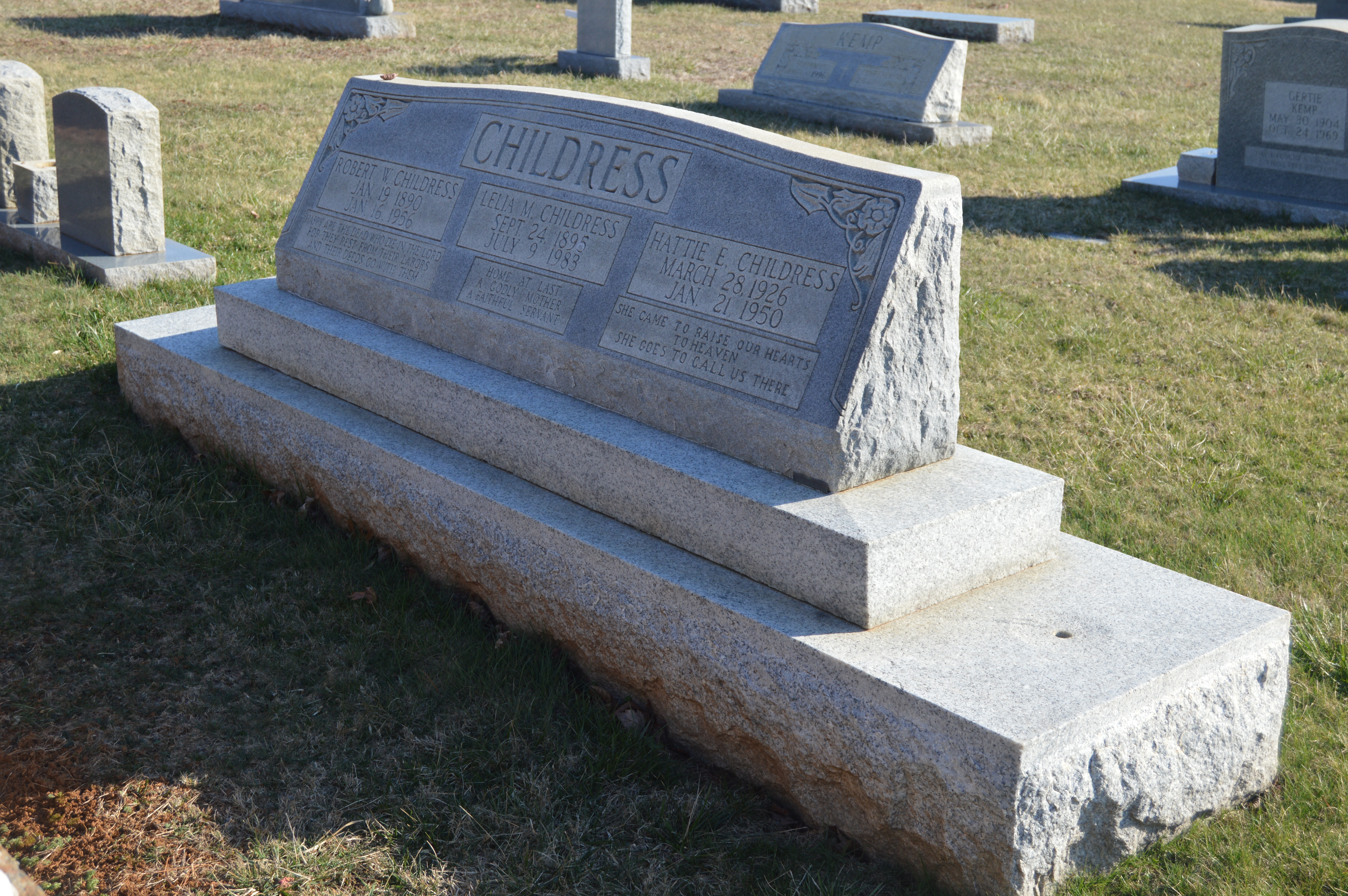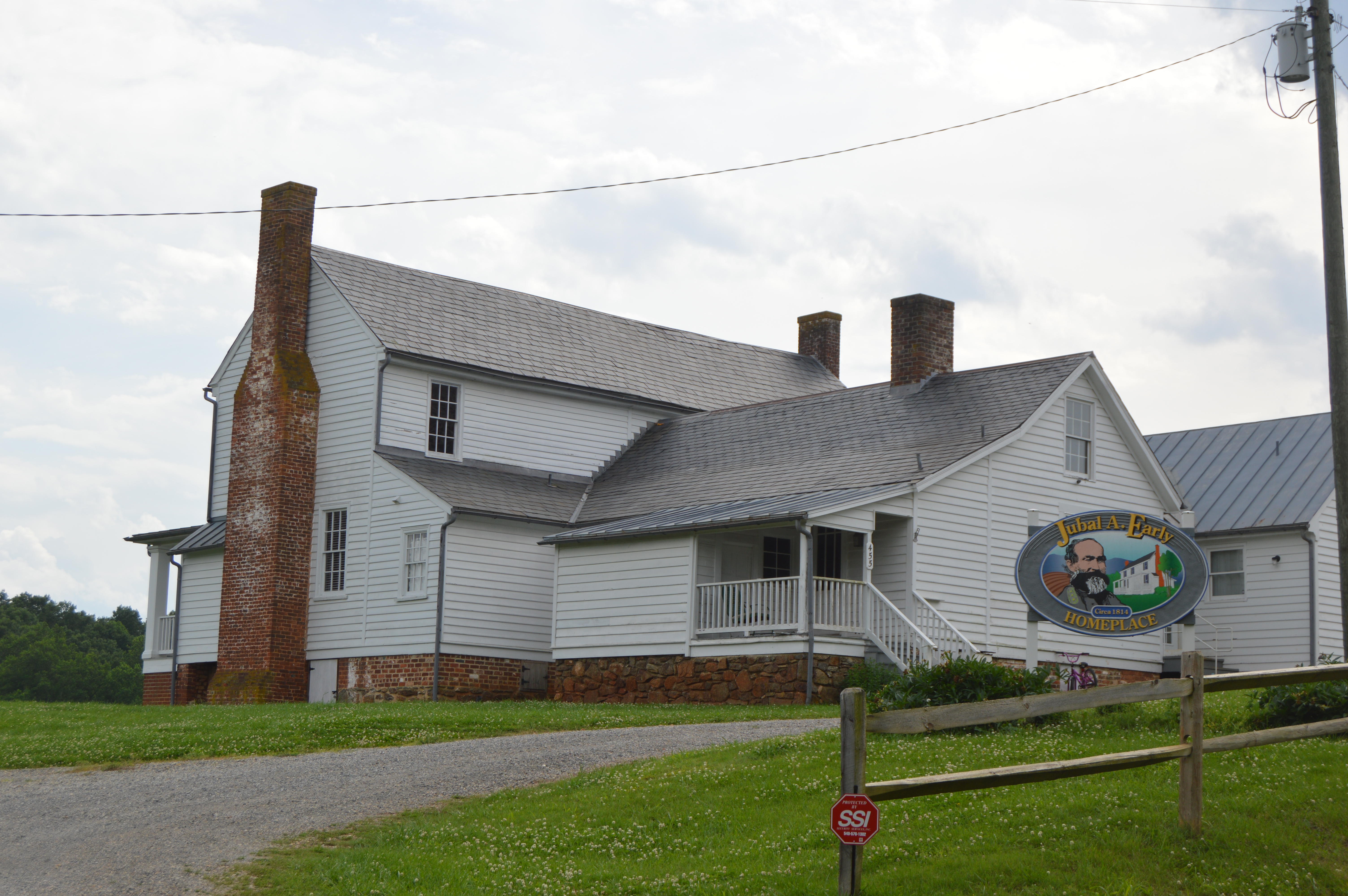|
Floyd County, Virginia
Floyd County is a county located in the Commonwealth of Virginia. As of the 2020 census, the population was 15,476. Its county seat is the town of Floyd. Floyd County is included in the Blacksburg- Christiansburg, VA Metropolitan Statistical Area. Named after Virginia politician John Floyd, the county was established in 1831. The county is located on the high plateau of the Blue Ridge Mountains and surrounded by the Little River. In the 1960s and 1970s, Floyd proved popular with people in the era's counterculture, particularly those who wanted to live in closer contact with nature. History Floyd County's recorded history begins with the arrival of traders, trappers and hunters in Southwest Virginia in the 18th century. The earliest known travel way through present day Floyd County was the Trader's Path, running from east to west across the Roanoke River where Back Creek enters the river, by John Mason's, R. Poage's, the headwaters of Back Creek and southwest over Bent ... [...More Info...] [...Related Items...] OR: [Wikipedia] [Google] [Baidu] |
John Floyd (Virginia Politician)
John Floyd (April 24, 1783 – August 17, 1837) was a Virginia politician and soldier. He represented Virginia in the United States House of Representatives and later served as the 25th Governor of Virginia. During his career in the House of Representatives, Floyd was an advocate of settling the Oregon Country, unsuccessfully arguing on its behalf from 1820 until he left Congress in 1829; the area did not become a territory of the United States until 1848. During the 1832 presidential election Floyd was selected by John C. Calhoun to serve as the Nullifier Party's candidate. The state legislature of South Carolina voted to give the state's eleven electoral votes to Floyd. While governor of Virginia, the Nat Turner slave rebellion occurred. Although Floyd was an outspoken advocate for state's rights, he supported the gradual abolition of slavery on account of its inefficiency. His term as governor oversaw a period of economic prosperity for the state. Family and earl ... [...More Info...] [...Related Items...] OR: [Wikipedia] [Google] [Baidu] |
Little River (New River)
The Little River, a tributary of the New River (Kanawha River), New River, is approximately 65 miles long in southwest Virginia in the United States. It rises in two forks in Floyd County, Virginia, Floyd County near the Blue Ridge Parkway. It flows NNW along the Floyd/Montgomery County line and then along the Pulaski/Montgomery County line and joins the New River just downstream from the Claytor Lake dam in Pulaski County near the city of Radford, Virginia, Radford. The middle and lower portion of this very scenic waterway is suitable for paddling mostly in the spring or after heavy rains. There are several Class 1,2 rapids and two class 3 rapids and one fairly treacherous Class 4 rapid. Portions are stocked with trout by thVirginia Division of Game and Inland Fisheries See also *List of rivers of Virginia References [...More Info...] [...Related Items...] OR: [Wikipedia] [Google] [Baidu] |
Bob Childress
Robert "Bob" Walter Childress (January 19, 1889 or January 19, 1890 – January 16, 1956) was a Presbyterian minister who was born in "The Hollow," now Ararat, Virginia, and grew up surrounded by the Primitive Baptist tradition. He became known throughout the Southern Appalachian region for his work to transform the region's culture of violence and promote basic education. He was also the founder of the famous "Rock Churches" of Floyd, Patrick and Carroll counties in Virginia. Early life As a young man Childress witnessed and was caught up in the violence, alcoholism and ignorance of his impoverished and then isolated Buffalo Mountain community. He claimed that his earliest memory was of his mother nursing his illness by holding a whisky-soaked rag to his mouth. Unable to attend school for much of his childhood he often resorted to violence and began drinking heavily. But upon witnessing a massacre at a courthouse he vowed to quit drinking and entered law enforcement. Even ... [...More Info...] [...Related Items...] OR: [Wikipedia] [Google] [Baidu] |
Year 2000 Problem
The year 2000 problem, also known as the Y2K problem, Y2K scare, millennium bug, Y2K bug, Y2K glitch, Y2K error, or simply Y2K refers to potential computer errors related to the Time formatting and storage bugs, formatting and storage of calendar data for dates in and after the year 2000. Many Computer program, programs represented four-digit years with only the final two digits, making the year 2000 indistinguishable from 1900. Computer systems' inability to distinguish dates correctly had the potential to bring down worldwide infrastructures for industries ranging from banking to air travel. In the years leading up to the turn of the century (millennium), the public gradually became aware of the "Y2K scare", and individual companies predicted the global damage caused by the bug would require anything between $400 million and $600 billion to rectify. A lack of clarity regarding the potential dangers of the bug led some to stock up on food, water, and firearms, purchase backup ... [...More Info...] [...Related Items...] OR: [Wikipedia] [Google] [Baidu] |
Bible
The Bible (from Koine Greek , , 'the books') is a collection of religious texts or scriptures that are held to be sacred in Christianity, Judaism, Samaritanism, and many other religions. The Bible is an anthologya compilation of texts of a variety of forms originally written in Hebrew, Aramaic, and Koine Greek. These texts include instructions, stories, poetry, and prophecies, among other genres. The collection of materials that are accepted as part of the Bible by a particular religious tradition or community is called a biblical canon. Believers in the Bible generally consider it to be a product of divine inspiration, but the way they understand what that means and interpret the text can vary. The religious texts were compiled by different religious communities into various official collections. The earliest contained the first five books of the Bible. It is called the Torah in Hebrew and the Pentateuch (meaning ''five books'') in Greek; the second oldest part was a coll ... [...More Info...] [...Related Items...] OR: [Wikipedia] [Google] [Baidu] |
Reformed Churches
Calvinism (also called the Reformed Tradition, Reformed Protestantism, Reformed Christianity, or simply Reformed) is a major branch of Protestantism that follows the Christian theology, theological tradition and forms of Christianity, Christian practice set down by John Calvin and other The Reformation, Reformation-era Protestant Reformers, theologians. It emphasizes the Sovereignty of God in Christianity, sovereignty of God and the Biblical authority, authority of the Bible. Calvinists broke from the Catholic Church, Roman Catholic Church in the 16th century. Calvinists differ from Lutheranism, Lutherans (another major branch of the Reformation) on the Lord's Supper in Reformed theology, spiritual real presence of Christ in the Lord's Supper, regulative principle of worship, theories of worship, the purpose and meaning of baptism, and the Law and Gospel#Lutheran and Reformed differences, use of God's law for believers, among other points. The label ''Calvinism'' can be misle ... [...More Info...] [...Related Items...] OR: [Wikipedia] [Google] [Baidu] |
Counterculture
A counterculture is a culture whose values and norms of behavior differ substantially from those of mainstream society, sometimes diametrically opposed to mainstream cultural mores.Eric Donald Hirsch. ''The Dictionary of Cultural Literacy''. Houghton Mifflin. . (1993) p. 419. "Members of a cultural protest that began in the U.S. In the 1960s and Europe before fading in the 1970s... fundamentally a cultural rather than a Protest, political protest." A countercultural movement expresses the ethos and aspirations of a specific population during a well-defined era. When oppositional forces reach Critical mass (sociodynamics), critical mass, countercultures can trigger dramatic cultural changes. Prominent examples of countercultures in the Western world include the Levellers (1645–1650), Bohemianism (1850–1910), the more fragmentary counterculture of the Beat Generation (1944–1964), followed by the globalized counterculture of the 1960s (1964–1974). Definition and characteris ... [...More Info...] [...Related Items...] OR: [Wikipedia] [Google] [Baidu] |
Andrew Jackson
Andrew Jackson (March 15, 1767 – June 8, 1845) was an American lawyer, planter, general, and statesman who served as the seventh president of the United States from 1829 to 1837. Before being elected to the presidency, he gained fame as a general in the United States Army and served in both houses of the U.S. Congress. Although often praised as an advocate for ordinary Americans and for his work in preserving the union of states, Jackson has also been criticized for his racial policies, particularly his treatment of Native Americans. Jackson was born in the colonial Carolinas before the American Revolutionary War. He became a frontier lawyer and married Rachel Donelson Robards. He served briefly in the United States House of Representatives and the United States Senate, representing Tennessee. After resigning, he served as a justice on the Tennessee Supreme Court from 1798 until 1804. Jackson purchased a property later known as the Hermitage, becoming a wealthy plan ... [...More Info...] [...Related Items...] OR: [Wikipedia] [Google] [Baidu] |
Confederate Army
The Confederate States Army, also called the Confederate Army or the Southern Army, was the military land force of the Confederate States of America (commonly referred to as the Confederacy) during the American Civil War (1861–1865), fighting against the United States forces to win the independence of the Southern states and uphold the institution of slavery. On February 28, 1861, the Provisional Confederate Congress established a provisional volunteer army and gave control over military operations and authority for mustering state forces and volunteers to the newly chosen Confederate president, Jefferson Davis. Davis was a graduate of the U.S. Military Academy, and colonel of a volunteer regiment during the Mexican–American War. He had also been a United States senator from Mississippi and U.S. Secretary of War under President Franklin Pierce. On March 1, 1861, on behalf of the Confederate government, Davis assumed control of the military situation at Charleston, South ... [...More Info...] [...Related Items...] OR: [Wikipedia] [Google] [Baidu] |
Jubal Early
Jubal Anderson Early (November 3, 1816 – March 2, 1894) was a Virginia lawyer and politician who became a Confederate general during the American Civil War. Trained at the United States Military Academy, Early resigned his U.S. Army commission after the Second Seminole War and his Virginia military commission after the Mexican–American War, in both cases to practice law and participate in politics. Accepting a Virginia and later Confederate military commission as the American Civil War began, Early fought in the Eastern Theater throughout the conflict. He commanded a division under Generals Stonewall Jackson and Richard Ewell, and later commanded a corps. A key Confederate defender of the Shenandoah Valley, during the Valley Campaigns of 1864, Early made daring raids to the outskirts of Washington, D.C., and as far as York, Pennsylvania, but was crushed by Union forces under General Philip Sheridan, losing over half his forces and leading to the destruction of much of the ... [...More Info...] [...Related Items...] OR: [Wikipedia] [Google] [Baidu] |
William Ballard Preston
William Ballard Preston (November 25, 1805 – November 16, 1862) was an American politician who served as a Confederate States Senator from Virginia from February 18, 1862, until his death in November. He previously served as the 19th United States Secretary of the Navy from 1849 to 1850. He is also the cousin of William Campbell Preston and William Preston. Biography Born in 1805 at Smithfield Plantation in Blacksburg, Virginia, William Ballard Preston entered Hampden–Sydney College in 1821, where he was active in literary and forensic activities. Graduating in 1824, Preston studied law at the University of Virginia and was admitted to the bar in 1826. In 1831 he became the Commonwealth's Attorney for Floyd County, Virginia. He married Lucinda Redd of Henry County, Virginia. The young attorney soon entered politics as a Whig and was elected to the Virginia House of Delegates in 1830. During the 1831–1832 session, he took an active part in the campaign to abolish sl ... [...More Info...] [...Related Items...] OR: [Wikipedia] [Google] [Baidu] |
.jpg)


.jpg)


